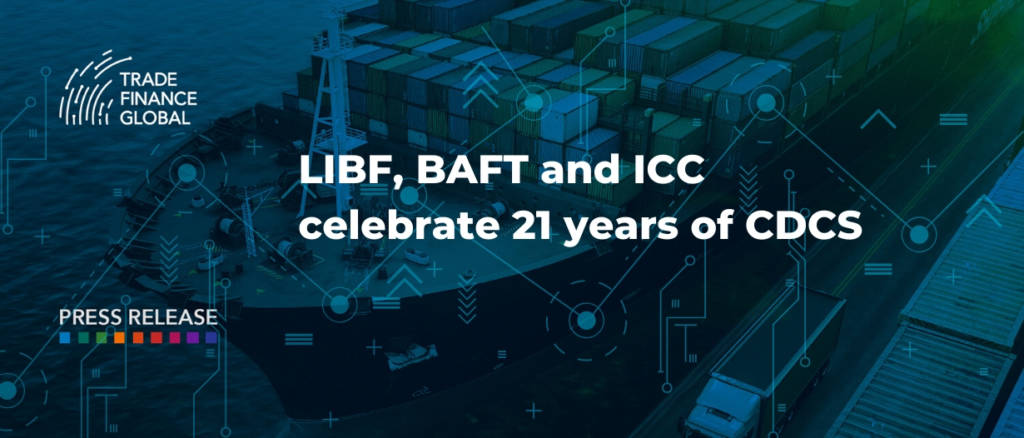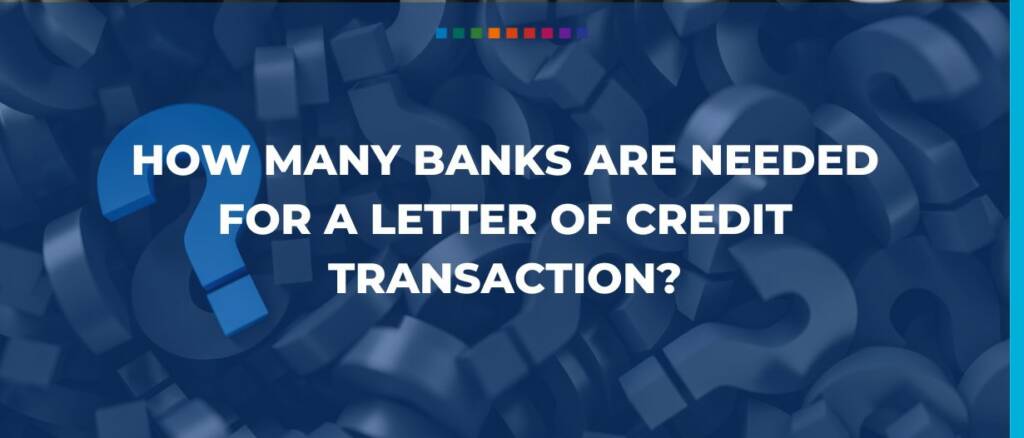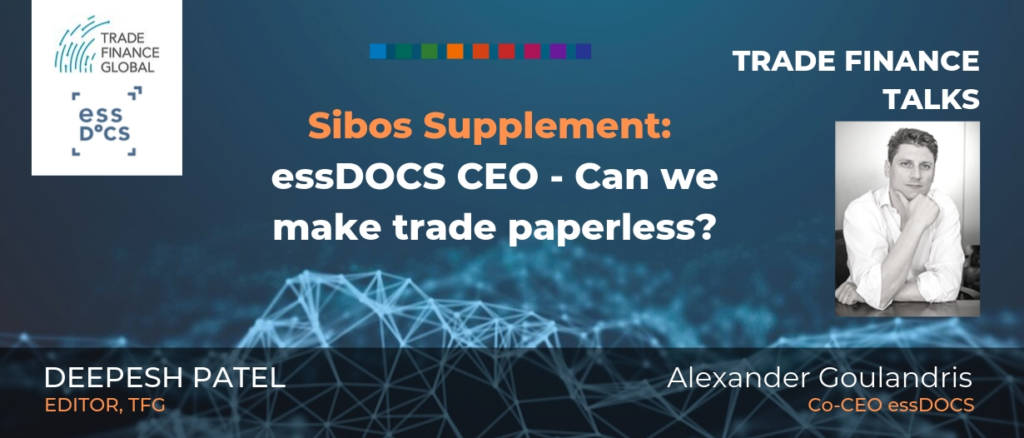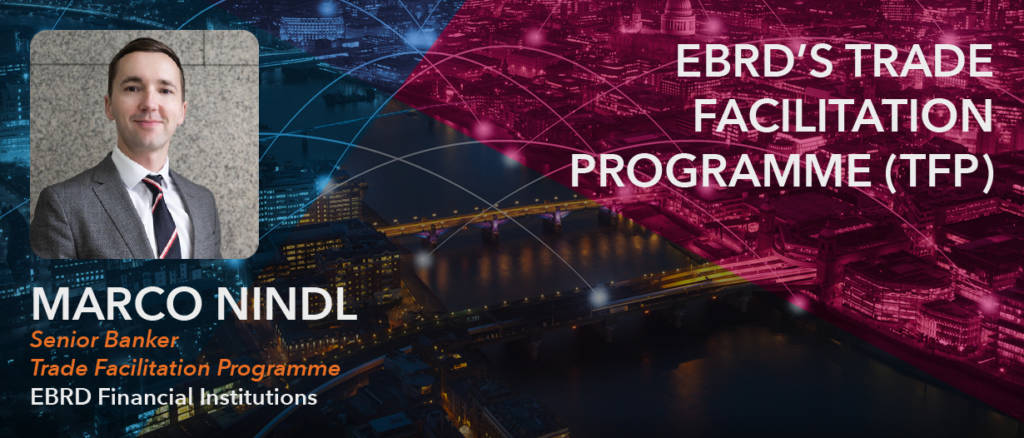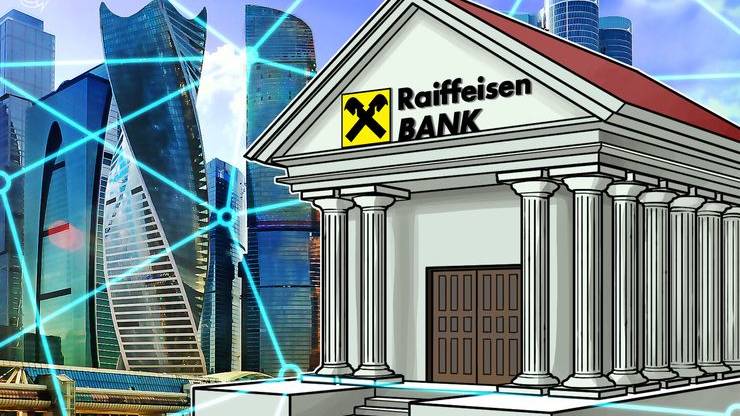The London Institute of Banking & Finance (LIBF), the Bankers Association for Finance and Trade (BAFT) and the International Chamber of Commerce (ICC) are celebrating the 21st birthday of the… read more →
There is a common miss-conception that four or five multiple banks must be involved to manage letter of credit transactions. These multiple banks include credit issuing banks, advising banks, negotiating banks, confirming banks, and reimbursing banks. What is less understood is that these “banks” are functions, not necessarily physical banks. The trade finance functions these banks perform in a transaction can be done by separate banking institutions or by one bank under UCP 600 guidelines (Uniform Customs and Practice for Documentary Credits, ICC Publication 600).
The ICC Uniform Rules for Collections (URC522) Supplement for Electronic Presentation (eURC). On 1 July 2019, the revised internet eRules and guidelines for online trade finance documentary collections came into effect for banks, importers, exporters, and freight forwarders to prepare and present electronic records for documentary collections in lieu of or in conjunction with paper documents.
TFG spoke to the author of ‘Digital Ecosystems within Trade Finance’, a BCG, SWIFT and ICC report on the state of networks and consortia, the key problem points within trade and trade finance, as well as the current barriers in terms of digitalisation both from a corporate and bank perspective. Deepesh spoke to Sukand Ramachandran at BCG about how global trade is changing and the role of digital ecosystems within this.
TFG heard from Alexander Goulandris the co-CEO of essDOCS about the different solutions for paperless trade. He exclusively announced the launch of a new product called CargoDocs Match, which will enable trade finance banks to continue to provide BPO-related solutions to their customers after SWIFT discontinues support for the Trade Services Utility (TSU) in 2020.
The EBRD’s Trade Facilitation Programme (TFP) was developed to promote and facilitate international trade to, from and within economies where the EBRD invests. Under the TFP, guarantees are provided to international commercial banks (confirming banks), thereby covering the political and commercial payment risk of transactions undertaken by issuing banks. Since the TFP programme was initiated in 1999 the EBRD has financed more than 24,000 transactions for a total of more than €19 billion.
In 2012, Asian Development Bank’s Trade Finance Program (TFP) commissioned a unique study, the first of its kind, to understand and quantify the unmet demand for trade finance, known as the global trade finance gap. Over the years, TFP has updated this study to quantify and inform policymakers and market participants about the main drivers for this persistent trade finance gap.
Fintech, Wethaq, has signed a strategic partnership with enterprise blockchain software firm R3 to build the next generation of financial market infrastructure to enable issuers, investors, central banks and regulators… read more →
Today the completion of the world’s first integrated paperless trade transaction happened – in iron ore – involving Rio Rinto selling bulk iron ore to Cargill, who sourced the cargo… read more →
Two Raiffeisenlandesbanks go live with digital trade finance solution that will transform their end-to-end operations and intercept continuing business and market demands.















